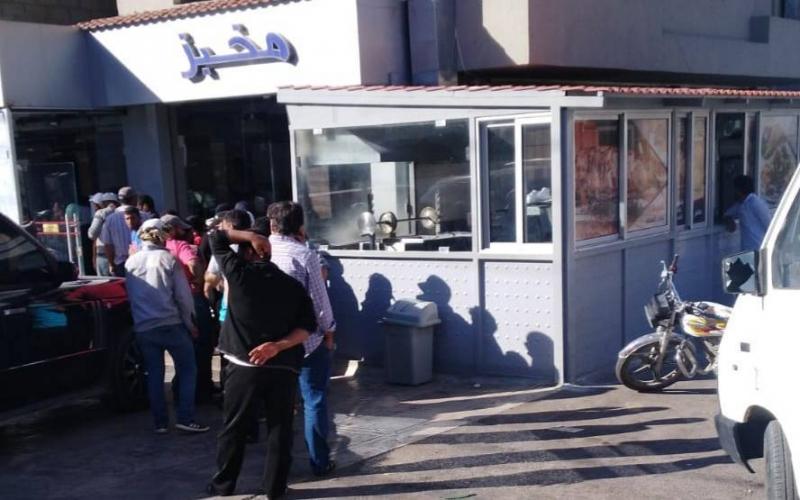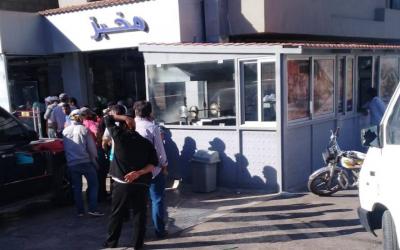This time, it is the bitter loaf of bread steeped in blood. In the realm of seizing souls, there is no authority over the loaf that tackles hunger, but merely because flour and wheat smuggling gangs remain, almost officially supported, stealing from the poor and their last morsel of sustenance. The loaf has ceased to be a safe haven for them, turning instead into a trap for death and a guillotine for the body, despite the unveiling of names, raising voices, and questioning the authorities about the investigations and holding the involved accountable.
Not least among the recent inquiries was that of Wael Abou Faour, a member of the Democratic Gathering bloc, who stated: “Lebanese people are killing each other for a loaf of bread, and all actions taken so far have failed to address the crisis. The thefts continue, and some in the judiciary are taking their time, while not a single person has been detained in the wheat and flour corruption file.” He added: “A question to the Minister of Justice and the President of the Supreme Judicial Council: What has become of the investigations in this case? It is the right of the Lebanese citizen to know the truth and to end the organized looting and humiliation.”
While awaiting responses to Abou Faour's query, which he insists on asking on behalf of the Lebanese people, especially as the relevant names are in the hands of officials, death continues to drain the poor, citizen after citizen, victim after victim. Earlier today, a seventy-year-old man named "Abu Fadi," Fouad H., from the town of Dahar Al-Ahmar in Rashaya, struggled to perhaps obtain a loaf of bread from behind the Arash ovens in Rashaya, to avoid the long queues of residents at the bakery. Shortly after, "Abu Fadi" passed away after being struck by a truck, whose driver was unloading flour at the oven without realizing it. The new victim never anticipated that the price of a loaf of bread could be fatal and lead to martyrdom.
Meanwhile, security forces and forensic investigators arrived and began their investigations, while the Lebanese Red Cross transferred the body to the Rashaya Governmental Hospital for further investigations and procedures. The seventy-year-old citizen became a martyr for bread, while his family, which had been waiting for his return to share breakfast with him, now awaited a face marked by the pain of a livelihood touched by suffering. The blood traders, monopolists, smugglers, and corrupt officials, who have remained indifferent to the cries of the poor and the delayed revolution of the hungry, continue to search for a semblance of innocence in their monotonous façade, with their transparent lies, demonizing anyone who dares knock on the door of their legalized corruption.
Thus, Abou Faour's question lingers: Is it not the right of the Lebanese citizen to know the truth and to stop the organized looting and humiliation that seeks an escape route in the wilderness of this corrupt authority?




